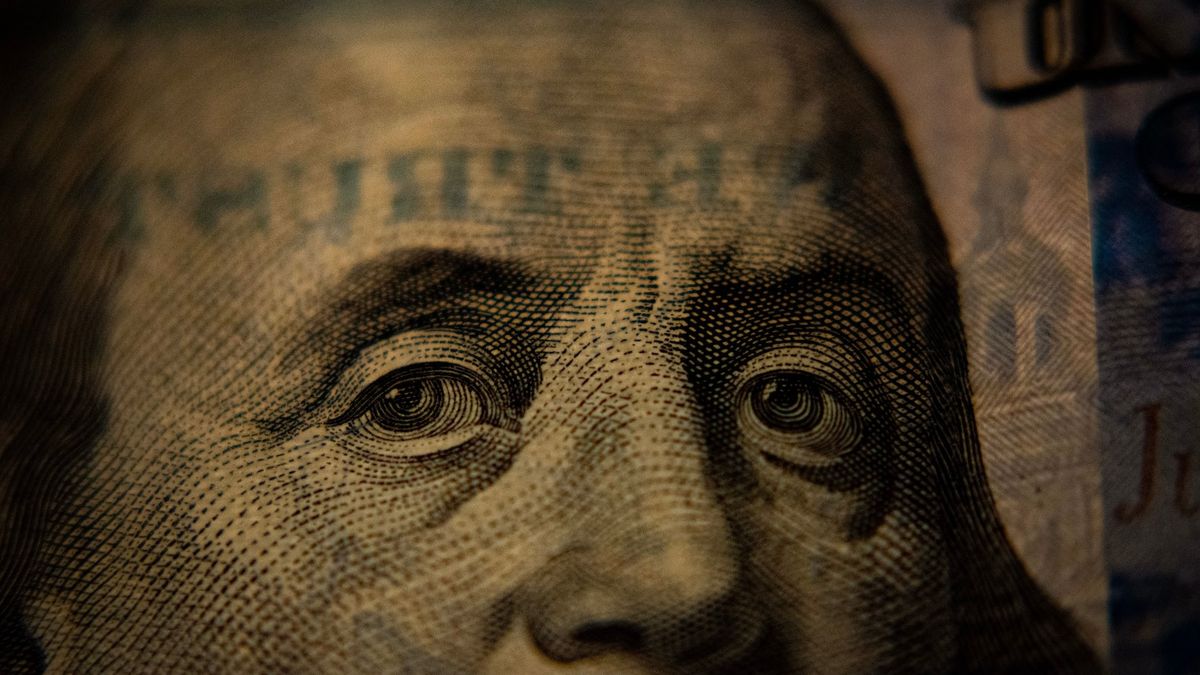The Dollar, Inflation, and Rate Hikes
When the Federal Reserve raises interest rates more than the central banks of the other six countries whose currencies make up the dollar index, it can strengthen the value of the US dollar.

The Federal Reserve's decision to raise interest rates can have a significant impact on the value of the US dollar. When the Federal Reserve raises interest rates more than the central banks of the other six countries whose currencies make up the dollar index, it can strengthen the value of the US dollar. The other currencies that the dollar is benchmarked against for the index are the euro, Japanese yen, British pound, Canadian dollar, Swedish krona, and Swiss franc. The dollar has also recently shown strength against other major currencies that are not included in the index, such as the Chinese renminbi, South Korean won, and the Australian dollar.
When the dollar index rises, as it has recently, it signals that the US dollar is increasing in value relative to this basket of other currencies and is generally considered to indicate the strength of the US economy, particularly for imports. Conversely, a weaker dollar means that while imports are more expensive, it can make it easier for domestic exporters to sell their goods overseas, potentially boosting Gross Domestic Product (GDP). However, since most of the US consumer purchases come from overseas, a weak dollar can lead to financial hardship.
A strong dollar can have several benefits for American consumers. The cost of importing goods from foreign countries decreases, which can help put downward pressure on inflation since prices are lower. Furthermore, when the dollar is strong, Americans traveling abroad will get more for their money during international trips.
Historically, there has been an inverse relationship between inflation and the dollar’s strength. That is, when inflation is high, the dollar weakens. A strong dollar is especially bad for emerging markets and commodity exporters like Russia. A strong US dollar pushes down energy prices both through demand destruction and also because most energy (oil, not gas) is still priced in USD. This can cause Russia to make less money from its oil sales, reducing Russia’s available finances for war.
To combat this, in March 2022, Russia said it was considering using Bitcoin for energy sales. More recently, it said that it will use bitcoin for international trade starting in January 2023, which would remove the USD denomination of oil sales. This could potentially mitigate the impact of a strong dollar on Russia's economy.



Comments ()